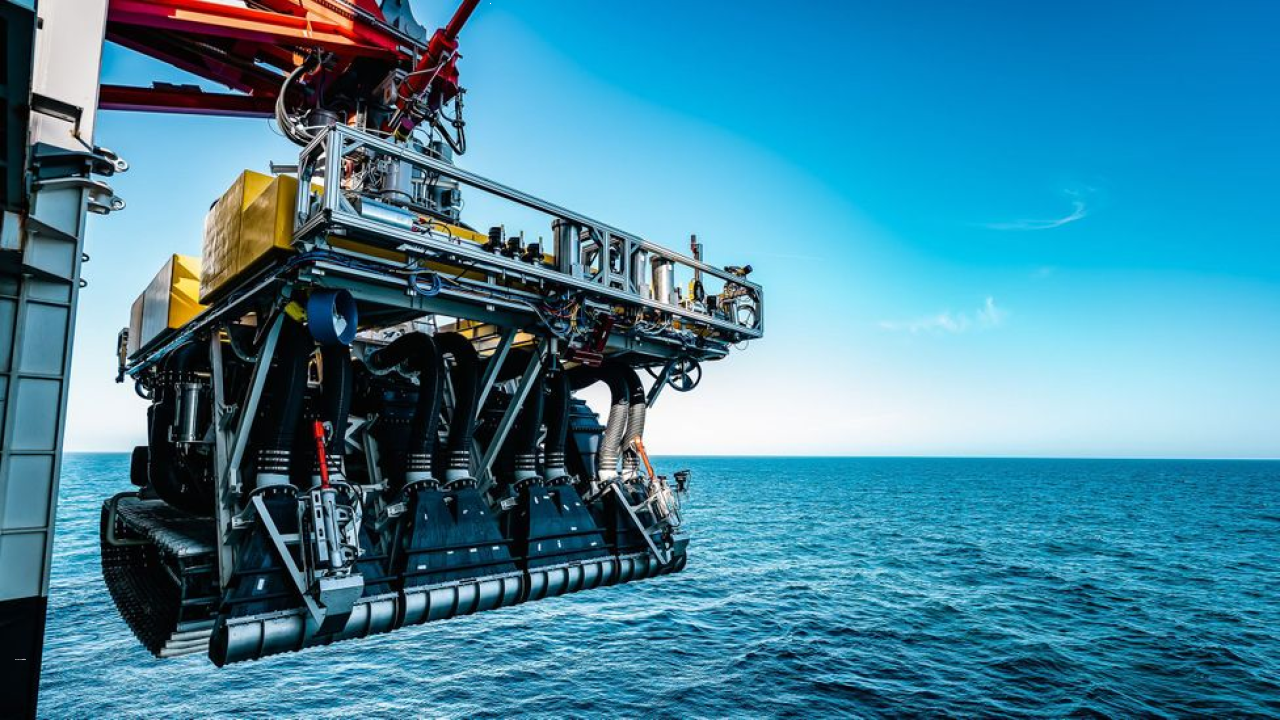ISA Permit for Deep Sea Mining of Polymetallic Nodules
The ocean floor, covering more than 70% of the earth’s surface, remains one of the most unexplored and untapped resources. The International Seabed Authority (ISA) is an organization that regulates and controls the exploration and exploitation of mineral resources on the ocean floor outside of the Exclusive Economic Zones (EEZ) of its 167 member states. The organization was established by the United Nations Convention on the Law of the Sea (UNCLOS) in 1994 and is headquartered in Jamaica.
Permit Applications for Mining Contracts
Starting in July 2023, the ISA will begin accepting permit applications from companies that want to extract minerals from the ocean floor. Cobalt, copper, nickel, and manganese are among the valuable materials that can be extracted through undersea mining. The ISA has the authority to issue permits to companies that wish to conduct mining operations in international waters, but the lack of a mining code has resulted in uncertainties about the application review process.
Polymetallic Nodules
Polymetallic nodules are potato-sized rocks found on the ocean floor at depths of 4 to 6 kilometers. These nodules contain minerals such as nickel, copper, and manganese. They are typically found in large concentrations in specific areas of the ocean floor, making them particularly attractive to mining companies.
The UNCLOS and Membership
The ISA was established by the UNCLOS, which sets out the legal framework for the use and management of the world’s oceans. It defines the rights and responsibilities of nations in their use of the world’s oceans, establishing guidelines for businesses, the environment, and the management of marine natural resources. The ISA currently has 167 member states that are committed to following the organization’s rules and regulations.
The Ongoing Debate on Mining Code
The ISA has been discussing the development of a mining code for nearly a decade. The mining code would establish rules and regulations for the exploration and exploitation of minerals on the ocean floor, providing clarity for companies seeking permits to conduct mining operations. However, the process has been fraught with challenges, including concerns about the potential impact of deep-sea mining on the environment.
Moratorium on Industrial Mining
At the ISA’s council meeting, some members called for a moratorium on industrial mining, citing concerns about the potential damage to the seabed, fish populations, and marine mammals. They also highlighted the critical role of deep-sea ecosystems in regulating the climate. Despite these concerns, some countries, such as Nauru, have demanded that a mining code be adopted within two years to ensure the responsible use of ocean resources.
Strict Rules for Mining
Canada, Australia, and Belgium have insisted that mining cannot begin without strict rules and regulations in place to safeguard the environment. They have urged the ISA to proceed with caution and consider the potential long-term impacts of deep-sea mining on marine ecosystems.
Month: Current Affairs – April, 2023
Category: International / World Current Affairs


